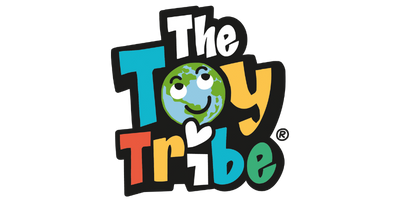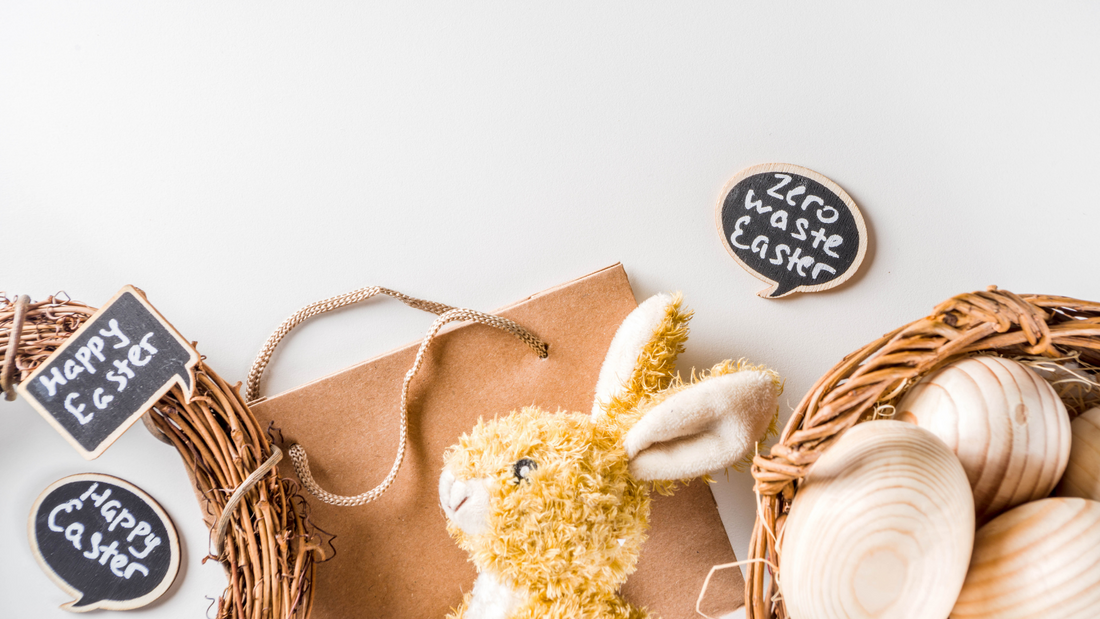Springtime is a time of rebirth and regeneration for nature, but the celebrations can also take a toll on the planet. Luckily, going green doesn’t mean cancelling your infamous egg hunt or missing out on all the fun. Check out these tips below for an eco-friendly Easter that everybody will love!
Cut Out Plastic Eggs & Packaging
While it is a fantastic step forward that a lot of companies are now looking to reduce Easter egg packaging and use recyclable materials, it was found that many of the most popular eggs are made up of a quarter of packaging by weight! Find out what your favourite egg is weighed here. As an alternative, why not make homemade treats, buy locally produced snacks or even look for goodies with minimal plastic packaging or those that use recycled materials.
Plastic eggs are also extremely popular for Easter egg hunts and other activities, but these can be extremely wasteful. Instead, you could try biodegradable goody bags, a compostable Easter egg option, use wooden eggs or try wool felted eggs. If you must use plastic eggs – make sure to store them in a safe place so you can use them again next year!

Gift An Experience Rather Than An Object
Why not gift memories instead of material items? Easter baskets are often filled with new toys, chocolate and other single-use items, so treat yourself or someone to a day trip out, visit a new destination, a trip to the cinema or even a class to learn a new skill!

Make A Re-useable Easter Basket Or Buy One Second Hand
Rather than purchasing a brand new Easter basket, consider shopping at your local charity shop or second-hand shop instead. There are plenty of re-sellers online on sites such as Facebook marketplace, Depop, Vinted and more! You can also get creative and make your own using old buckets, ceramicware and even rain boots.

Compost & Use Natural Dye For Easter Eggs
Decorating Easter eggs is a decades-old tradition, but using a store-bought kit can be harmful to the environment. Instead of picking up a kit made from plastic and chemical dyes, try natural dyes from fruits, vegetables, and spices you find in your kitchen!
Once the holidays have passed, don’t just throw them in the bin afterwards! Eggshells are a great source of calcium and full of essential nutrients, so they make a fantastic addition to your compost bin.

Organic / Fair Trade Chocolate
Easter traditions often feature chocolates and other bunny-shaped treats. If you are looking to add these to your Easter basket, consider purchasing chocolate that is ethical including Fairtrade, vegan and palm oil-free eggs. Locally produced treats are also a great idea to support your community and reduce co2 emissions.
Sustainable Easter Outfits
Easter is a great opportunity to be dressed up in pastels or even as the bunny himself! When creating your iconic outfit this year why not opt for a sustainable outfit this year! Try a second-hand store for a high-quality, low price alternative. You could even borrow from friends, DIY old clothes or search for items on re-seller marketplaces!


